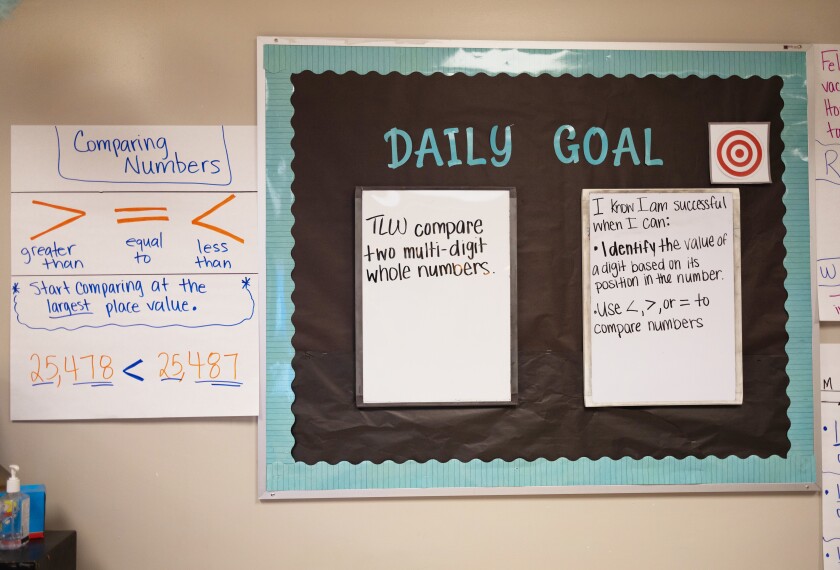To the Editor:
Today, I read a blog post written by Education Week Teacher contributing blogger John Troutman McCrann, in which he talks about strategies for addressing “math anxiety.” I think the strategy McCrann highlights, maze moments, is wonderful.
But while, in general, I love the fact that educators are working hard to address students’ struggles in math, I feel that we need to change our language: We can’t keep calling it “math anxiety.” Yes, some students and adults have a hard time with math, but it is not an illness. Think of math as an art. I do not walk around and say, “I hate Picasso. I do not understand his work, and I am not good at painting. Please, I need a Picasso Anxiety workshop.”
Our words affect us and others. The efforts to sympathize with students’ struggles in math can have damaging effects. By labeling the subject as something that causes panic attacks, we are not addressing the real issues contributing to our math-phobic culture: pedagogical practices, educational policies, teachers’ salaries, students’ home life, school culture, and personal grit and perseverance.
Let’s stop putting the words “hate” and “anxiety” in the same sentence with “math.”
Vee Nguyen
Associate Faculty
Mathematics
Mira Costa Community College
Oceanside, Calif.



